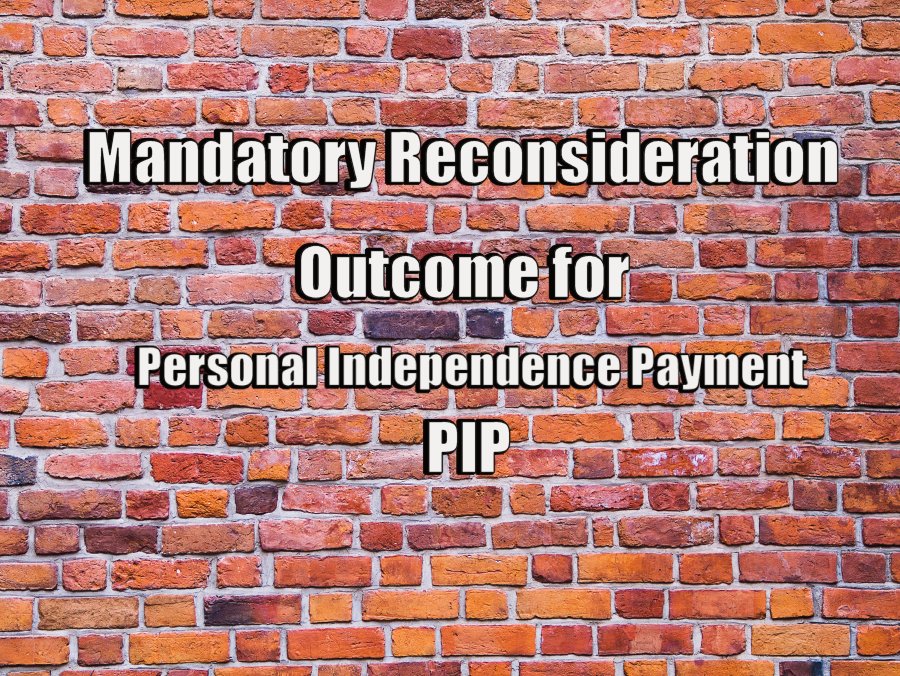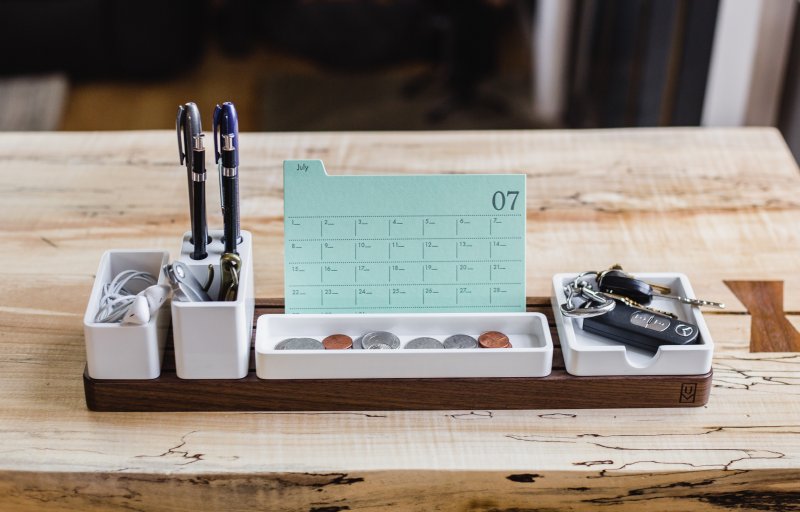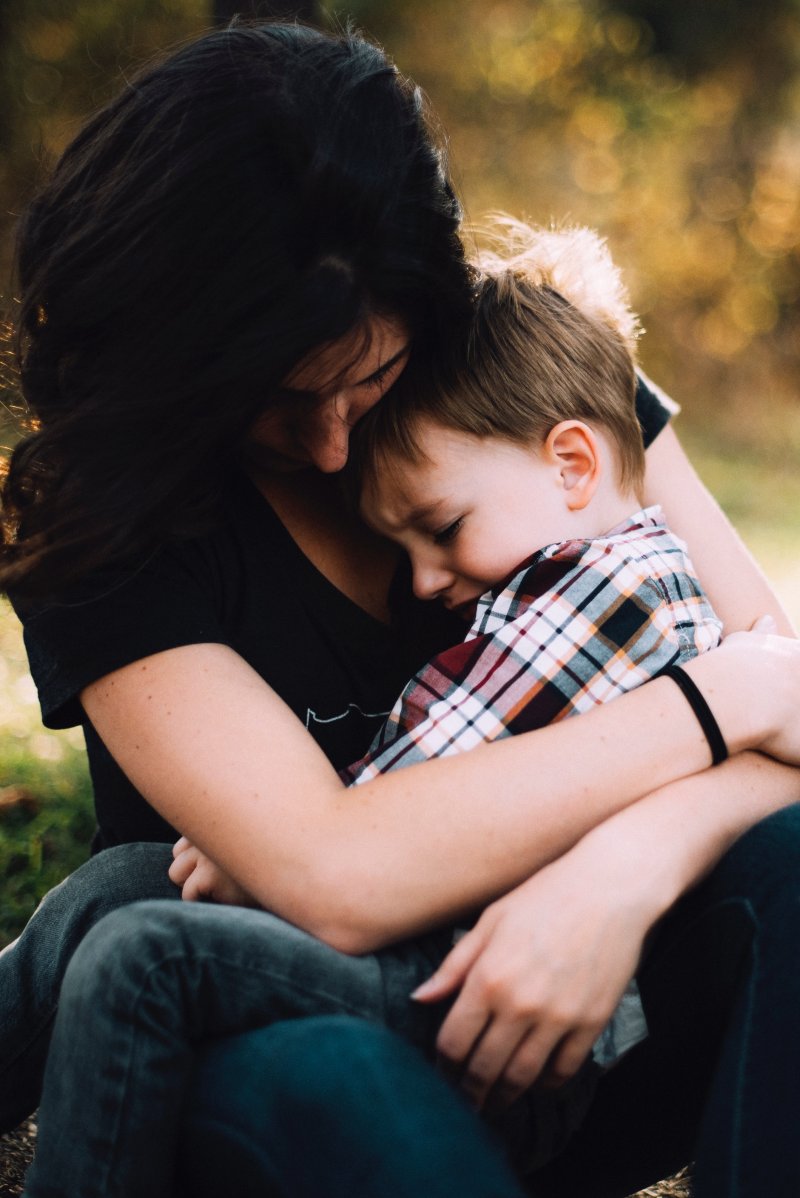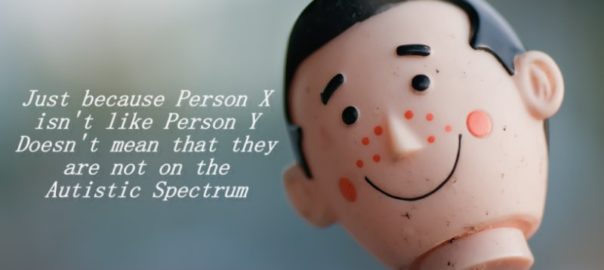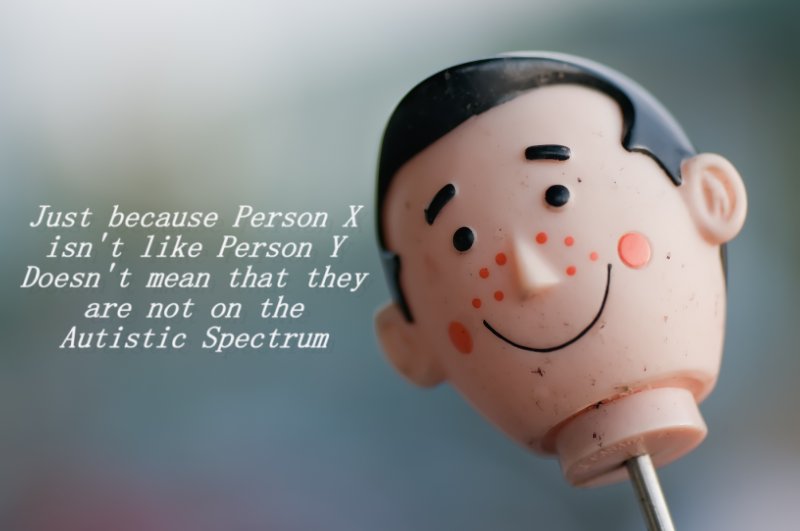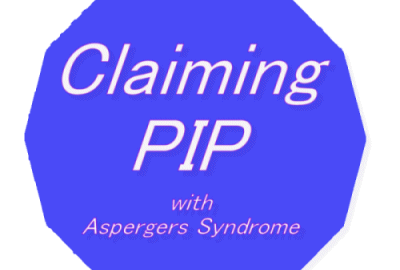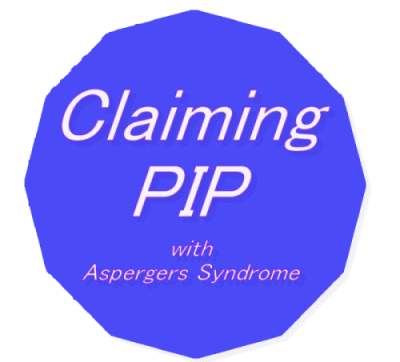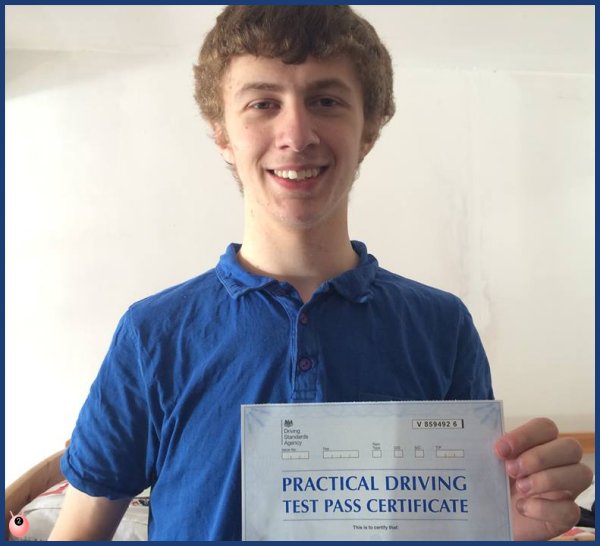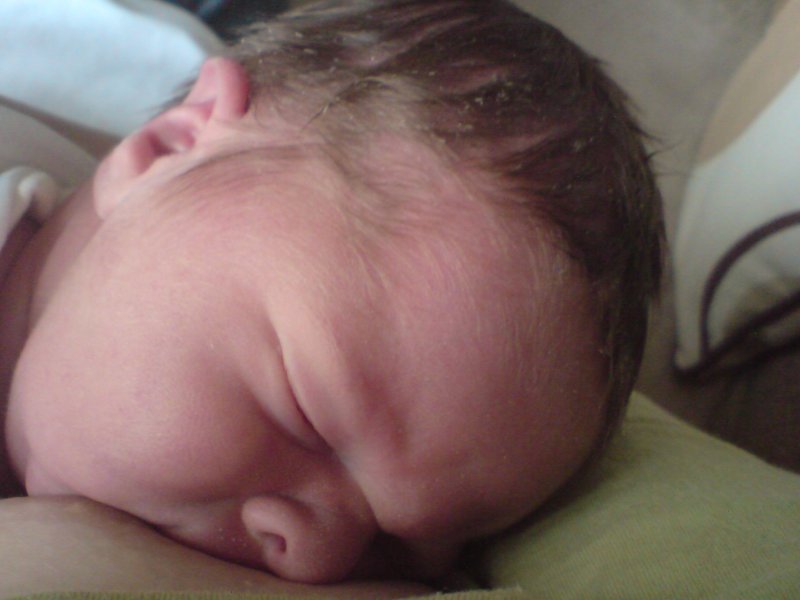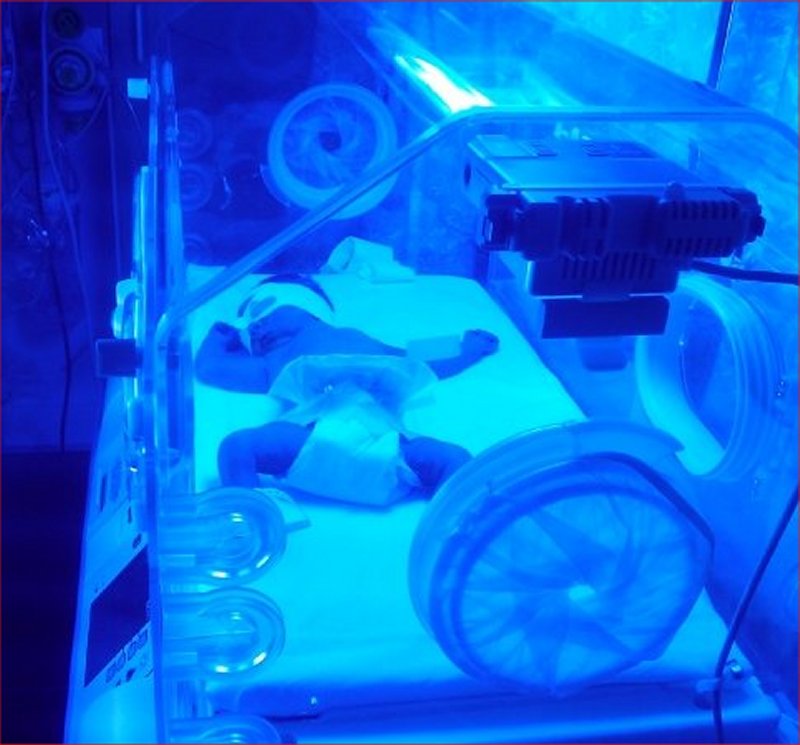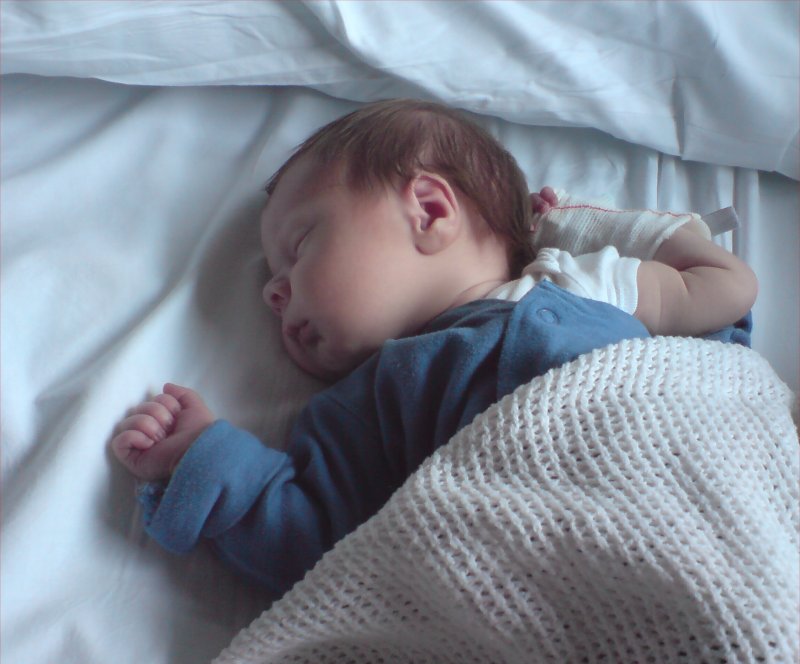Those with Sensory difference can have problems when it comes to touch, this can be really uncomfortable and sometimes very painful causing the individual to have a “meltdown.” In some situations this really cannot be avoided completely especially when it comes to taking care of their hygiene including their hair. Washing, brushing and cutting the hair can be a traumatic experience for the individual with Sensory Processing Disorder – so what can be done to help?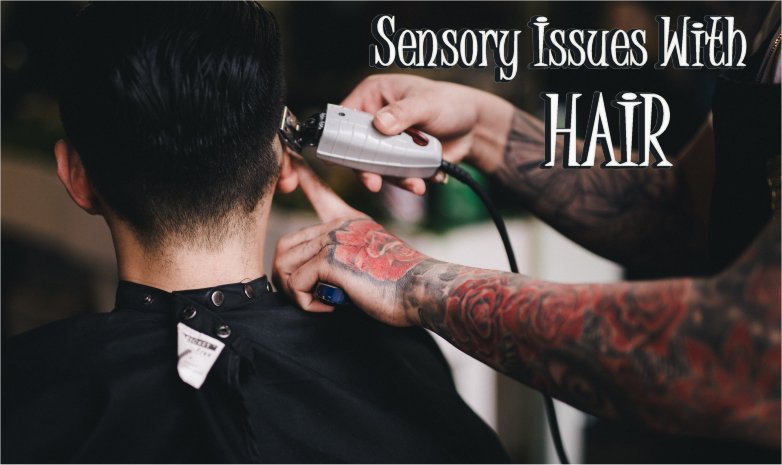
Consider how Washing, Brushing and Cutting Affects them as an Individual
It is important to remember that with Sensory Processing Disorder (or Sensory difficulties for a person who has Autism) that everyone is an individual and will be affected differently – there’s not a one size fits all. You need to think about what it is that is causing them not to want their hair washed, cut or brushed – what is it about it making them feel distressed? If you can talk to them try to find out but if not you will just have to try different methods to eliminate the possible causes. For example, I know my oldest son with Asperger’s syndrome dislikes his hair being cut so much that he lets it grow for example, whereas I feel like pulling my hair out of the socket (and do often cut quite a bit off myself – this is called trichtomania and can be a sign of anxiety) because it just hurts so much. 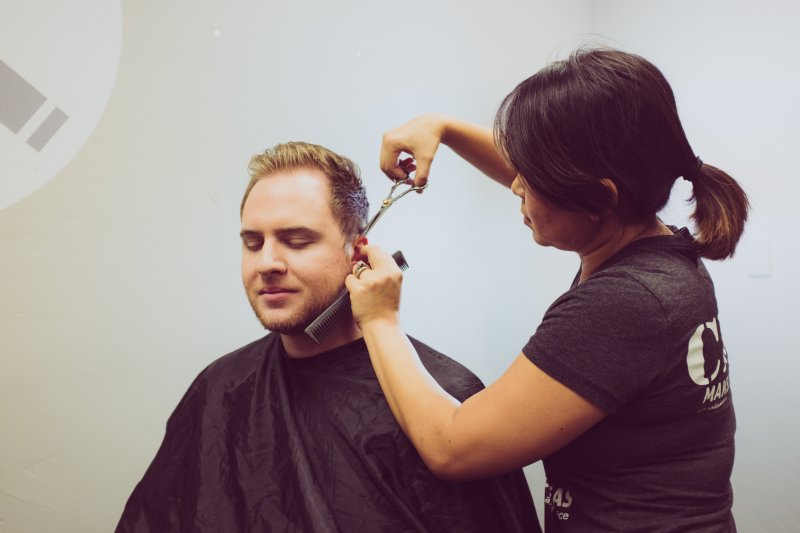 Remember that problems could be due to any of the senses so think about the situation in terms of them all:
Remember that problems could be due to any of the senses so think about the situation in terms of them all:
- Tactile(touch)
- The Auditory Sense(Hearing),
- TheVisual Sense (vision/seeing),
- Proprioception(Sense of body position, from information received through the muscles, and joints – force, speed and control).
- Vestibular Sense– Movement and Balance/Gravity
- Gustatory (taste)
- Olfactory (smell)
The Environment where having their hair Washed, Brushed or Cut
Like most things when it comes to Sensory Processing the environment the individual is in can make such a difference. Consider the effect of noise, visuals, smells etc on them as well as what the textures are around them and how they are placed (for consideration on proprioception and vestibular senses). Make sure they are familiar with where they are having their hair done and are happy with it before attempting doing anything to the hair. Are they happier standing, sitting – or possibly even lying!? What have they got to look at? Are they content with just what is in the environment or would they benefit from being distracted by a television, games console, iPad, etc? Or maybe it is too much and they need sunglasses or to relax with an eye patch to lessen the visual overload. Is the lighting right? Would they benefit from coloured lights – or more or less lighting? Is there too much noise? Can they wear noise-reducing headphones to cancel it out? Or not enough noise? Could they have a radio on, or listen to music through some headphones? Is it the smell – is there a certain air freshener or products being used that they do not like?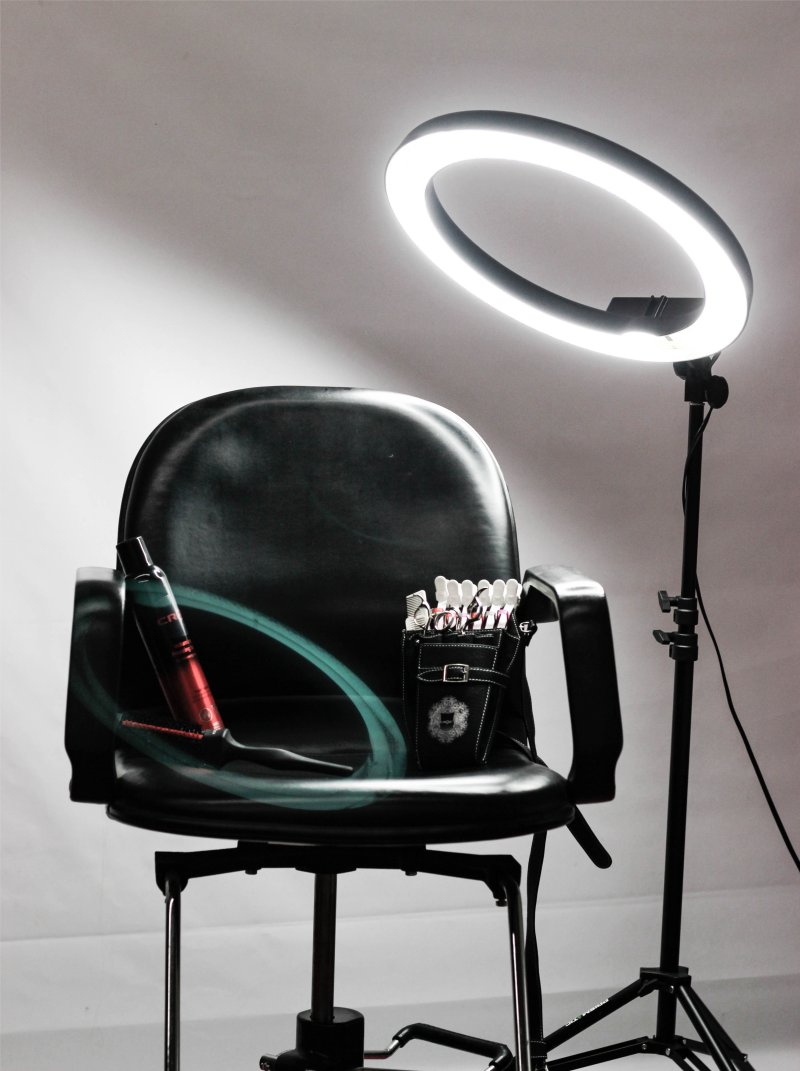 You may need to slowly build up their compliance with going into this room (for example in a hairdressers); start by letting them go in and leave straight away, building up their tolerance for staying there. Take a look at different places and see which is the most suitable – some have cars children can sit in, or you may find a hairdresser who is very patient. When our oldest son with Asperger’s syndrome was small we found a hairdressers who would let him come back over a number of visits because he got so distressed trying to do it in one sitting. Also try to take with you things that will help them feel relaxed. Alternatively see if someone will come out to your home.
You may need to slowly build up their compliance with going into this room (for example in a hairdressers); start by letting them go in and leave straight away, building up their tolerance for staying there. Take a look at different places and see which is the most suitable – some have cars children can sit in, or you may find a hairdresser who is very patient. When our oldest son with Asperger’s syndrome was small we found a hairdressers who would let him come back over a number of visits because he got so distressed trying to do it in one sitting. Also try to take with you things that will help them feel relaxed. Alternatively see if someone will come out to your home.
Things to consider to help the Individual with Sensory Processing when having their hair Brushed, Washed, or Cut
Wherever it is that the individual with Sensory Processing has their hair done there are some things that may be worth trying to think about whether they will make it easier for them:
- Can they have advance warnings – with visual aids, social stories, videos, or watching others first? Do they know how long it will take? Have they a visual timer to help with this? As above can they have it done over several sittings?
- Can they be distracted whilst someone is doing their hair (with a fidget toy, stress ball, iPad, etc)? Do they prefer to be in control and do it themselves (washing and brushing) – and would they benefit from a mirror (this may also be helpful if someone else is doing it too)? Or is it impossible and therefore would trying to do it whilst they sleep be a last resort option?

- Are they comfortable with the feel of a towel/shawl around their shoulders whilst having their hair done? Or would they benefit from a weighted lap-pad or a kick-band around the bottom of the chair whilst they have to sit?
- Is the temperature of the water right? Are you trying to wash their hair forwards or backwards over a sink? Using a shower head or lying in a bath? Is a water spray bottle an option – or is the feel on their face unpleasant?
- Obviously ideally when trying to brush the hair then clean hair is going to be easier, but this is not always possible. Is using dry shampoo possible? Consider the smells of the products and whether to use shampoo, conditioner or both. It may be a good idea to use leave in conditioner, Aragon oil, coconut oil, or detangler spray to make the hair easier to brush, and comb from the bottom in small sections, slowly going up to the roots. Afterwards consider tying the hair back and if possible plaiting it to avoid any further knots.
- Different people will touch the hair/have a different pressure than others, as will different brushes and combs – can this be adjusted to try to find the right force for them? I know my teenager likes the feel of the nitty gritty comb and will only use that – so really experiment! Of course there’s a range of soft and hard brushes, combs with different spaces between the teeth and detangler brushes.

- Do they dislike noises – so would prefer scissors over clippers? Or are they worried that their ears may be nipped? Do they need a warning when it will be noisy? And is it better to towel dry or use a hairdryer?
- When cutting their hair consider swaddling. Our son was physically sick when the lose hair touched his skin and so a change of clothes may be a good idea.
Do you have any other problems or solutions when it comes to sensory issues and washing, cutting and brushing hair – please add them in the comments below. I would also love to hear if any of this has been beneficial to you.
Other Posts of Interest:
Hair Washing & JOHNSON’S Baby Easy-Rinse Foaming Shampoo Review
National Autistic Society: Preparing for a visit to the Hairdressers










